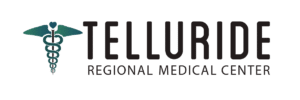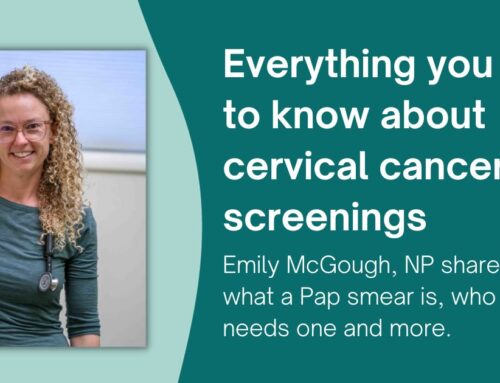Off season is for slowing down and taking care of yourself.
Dr. Sharon Grundy and the Primary Care team at the Telluride Regional Medical Center like to see our locals in April, May, October and November for what they call Preventive Health Season.
Why come in for a preventive health exam? The CDC’s statistics demonstrate the majority of the top 10 causes of death in the US are preventable through lifestyle and dietary changes, following immunization schedules and screening guidelines.
What happens in a wellness exam? A wellness exam offers screens for risk factors, arrangements for preventive tests and allows your provider to coordinate referrals for counseling.
You’ll likely discuss the following with your provider:
Diet. It’s the main contributor to heat disease, cerebrovascular disease and diabetes. Your provider may recommend a Mediterranean diet that is high in vegetables (especial dark green leafy vegetables), dark berries, nuts and seeds, whole grains. It’s especially important to moderate inflammatory saturated fats (those found in animal products such as whole fat dairy and red meat). We also recommend limiting processed food high in sodium and preservatives.
Regular activity can lower your risk for cancer, heart disease, and stroke. We’ll want to make sure you’re getting enough! Adults should get at least 150 minutes of moderate-intensity (equal to a brisk walk) or 75 minutes of vigorous-intensity activity (something that gets your heartbeat and breathing faster, and makes you sweat) each week, preferably spread throughout the week.
Tobaccouse. Smoking is the leading cause of lung cancer. Tobacco use also contributes to heart disease by aging the blood vessels. Lung cancer is the leading cause of death due to cancers reported by NCI with 154,000 deaths a year. Through counseling and interventions such as motivational interviewing, acupuncture or medications we can help a person quit smoking. Smoking prevention is, of course, one of the most important interventions we can provide.
Cancer screenings can detect cancer in an early stage or in a pre-cancerous state. Current screening tests for cancer include: cervical cancer, breast cancer, colorectal cancer, skin cancer and prostate cancer. During your exam your provider reviews the recommendations for screening and orders appropriate tests.
Accident prevention is affected bywearing seat belts, using motorcycle helmets, and avoiding misuse of prescription and illegal drugs to cut down on the risk of unintentional injury.
Immunizations. Schedules exist for adults and can help impact the rates of bacterial pneumonia and complications of influenza. Influenza-associated deaths in the United States ranged from a low of 12,000 (during 2011-2012) to a high of 56,000. More info here.
Weight management impacts rates of heart disease, diabetes and cancer. More than one-third (36.5%) of U.S. adults have obesity, defined as a body mass index of 30 or greater. Maintaining a body mass index of 18-24 can decrease rates of overall mortality. Compared with normal-weight adults, obese adults had at least 20% significantly higher rate of dying of all-cause or cardiovascular disease. More info here.
Mental Health Screenings are part of our Wellness Exam. We have developed an Integrative Behavioral Health Program to address the growing mental health demand. Our clinicians feel comfortable in addressing depression, anxiety, substance abuse and assist with motivating change.
Learn more about Preventive Health Season and our discounted services here.







